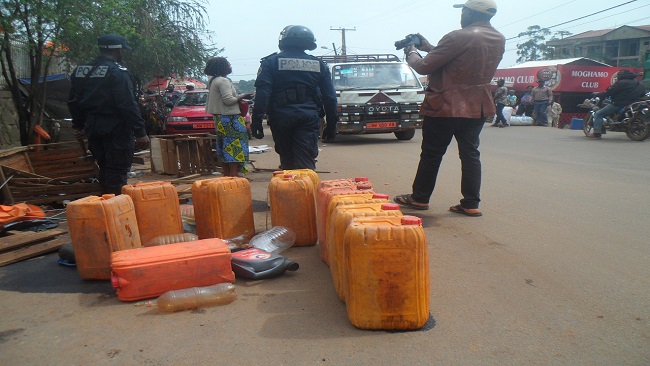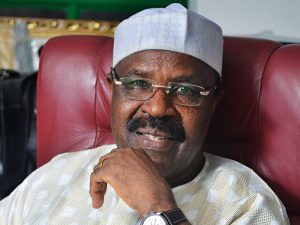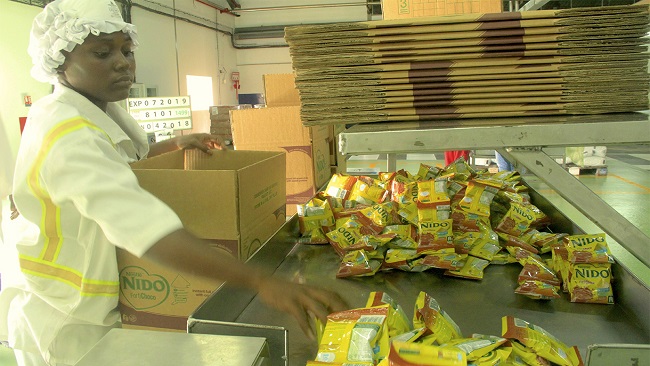20, June 2018
Zambia: 10 killed in copper mine dump collapse 0
Ten people were killed and another 10 injured after a dumping site for copper mining waste collapsed in the town of Kitwe in Zambia’s Copperbelt province, police said on Wednesday.
“The incident happened this morning and at least 10 people have been confirmed dead,” Copperbelt police chief Charity Katanga said by phone from Kitwe, 400 km (248 miles) north of the capital Lusaka.
Zambia is Africa’s second largest copper producer and houses operations of many global mining companies including Vedanta, Barrick Gold Corp and Glencore.
Glencore’s Mopani Copper Mines (MCM) has been forced to halt production in recent years due to similar fatal incidents in the copper-rich area, which is also known for illegal mining around the dumpsites.
The latest incident happened at Black Mountain where artisanal miners have taken to re-mining the waste site for copper and other metals.
In February the government’s mining investment arm gave a 10 percent stake in the waste site to small-scale miners to empower surrounding communities riven by unemployment and poverty.
There remain, however, serious concerns about safety measures at the site which continues to suffer periodic collapses.
(Source: Reuters)






 Danpullo
Danpullo




















26, June 2018
Douala: Tenants face soaring rents under ‘pay-in-advance-to stay’ policy 0
Getting an accommodation in Cameroon’s Douala city is a nightmare, as one is required to pay 6 months or even a year’s rent advance. As a result, many young working people who are faced with this harsh reality, prefer to stay longer with their parents.
Socrate Tanleu is a tenant and is frustrated by this practice.
“For example, I have had to pay up to 12 months to get an apartment and for a young person who is just entering the workforce, it is not easy to find 12 months to pay a landlord to get an apartment’‘, Tanleu told Africanews.
The practice is illegal, but many apartment owners are defiant.
“Legally, this practice is not normal because rent is payable after occupation. The rent advance is not legal”, said Cameroonian-based lawyer, Nicolas Ntamag.
But for many homeowners, this practice is a safety net against an unstable labour market.
Bertrand Tashinda owns an apartment in Douala.
“We have the public sector which employs very few people and with the private sector, there is no guarantee of employment. At any time you can lose your job for more misleading reasons than any other. So it makes the landlords think it’s better to take a year and with a year he can even build up a little reserve of money to be able to repair his apartment if necessary”, said Tashinda.
Like Ivory coast, Cameroon wants to put in place a more advanced legal framework for tenants and property owners.
The country plans to limit payment of rent advance and the deposit to two months. It hopes this will facilitate access to housing for many Cameroonians.
Source: Africa News